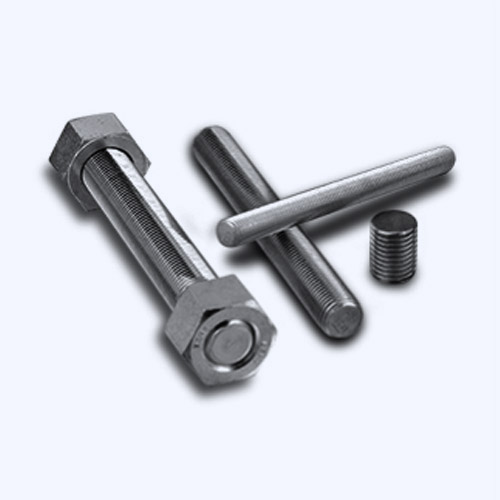stainless bolts in aluminum exporter
Dec . 01, 2024 19:25 Back to list
stainless bolts in aluminum exporter
The Growing Market for Stainless Steel Bolts in Aluminum Exporting
In the dynamic world of construction and manufacturing, the use of durable and corrosion-resistant materials is paramount. Among these materials, stainless steel bolts have emerged as a favored component in the assembly and installation processes. Particularly when utilized in aluminum applications, these bolts are crucial for maintaining structural integrity and ensuring longevity. As aluminum continues to be a popular choice in various industries, the demand for stainless steel bolts is on the rise, establishing a promising market for exporters.
Aluminum is renowned for its lightweight properties, making it a popular choice for industries including aerospace, automotive, and construction. However, one significant drawback of aluminum is its susceptibility to corrosion, especially in humid or saline environments. To combat this issue, many manufacturers turn to stainless steel bolts, which offer superior resistance to rust and corrosion due to their high chromium content. This unique characteristic not only enhances the performance of aluminum structures but also extends their lifespan, making them a worthwhile investment.
The Growing Market for Stainless Steel Bolts in Aluminum Exporting
The export market for stainless steel bolts, particularly in aluminum applications, is witnessing an upward trajectory driven by several factors. First, the global construction industry is recovering and expanding, especially in emerging markets where infrastructure development is prioritized. Countries are investing heavily in enhancing their urban landscapes, leading to an increased demand for high-quality building materials, including stainless steel bolts. Exporters that focus on providing high standards of quality, reliability, and timely delivery will likely thrive in this competitive landscape.
stainless bolts in aluminum exporter

Additionally, the automotive sector is increasingly turning to aluminum to meet fuel efficiency standards, resulting in a greater need for stainless steel fasteners. As vehicle manufacturers seek to reduce weight without compromising strength, they are adopting aluminum components, which in turn escalates the requirement for robust stainless steel bolts. The automotive industry's transition to lightweight materials presents a lucrative opportunity for exporters specializing in stainless steel fasteners.
Furthermore, the trend towards sustainability fuels the demand for durable materials that can withstand environmental challenges. As companies become more environmentally conscious, there is a shift towards using materials that not only meet performance criteria but also minimize maintenance and replacement costs. Stainless steel bolts align perfectly with this goal, as their longevity reduces waste over time, attracting eco-minded businesses.
Though the market holds promise, exporters must navigate several challenges. Competition in the fastener industry is fierce, with numerous domestic and international players. To stand out, exporters need to emphasize quality control, customer service, and innovation. Moreover, understanding regional market demands and regulations is crucial for successful export operations. This includes adhering to international standards for bolts and fasteners, which vary by country and industry.
In conclusion, the combination of stainless steel bolts with aluminum underscores a significant trend in modern construction and manufacturing practices. As the demand for durable, lightweight, and corrosion-resistant fasteners grows, exporters positioned within this niche are poised to reap substantial rewards. The future looks bright for those who can leverage the expanding markets and align their offerings with the needs of industries increasingly reliant on the benefits of stainless steel and aluminum collaborations. As global trends continue to evolve, adaptability, quality, and innovative approaches will be key elements for success in the stainless steel bolt export market.
Latest news
-
High-Quality Panel Stud Bolt Reliable Panel Stud Bolt Factory & Suppliers
NewsJul.08,2025
-
High-Precision Fine Thread Locknuts Manufacturer & Supplier Custom Solutions
NewsJul.08,2025
-
PH Imperial Stud Bolt – High Strength Fasteners from Leading Supplier & Factory
NewsJul.07,2025
-
High-Quality Allen Wrench Bolts Leading Factory, Company & Suppliers
NewsJul.07,2025
-
Wholesale Ball Stud Bolt - High Quality Supplier & Factory Price Reliable Wholesale Ball Stud Bolt Company
NewsJul.06,2025
-
High-Strength Alloy Bolts Manufacturer & Supplier Quality Alloy Fasteners Factory
NewsJul.06,2025
